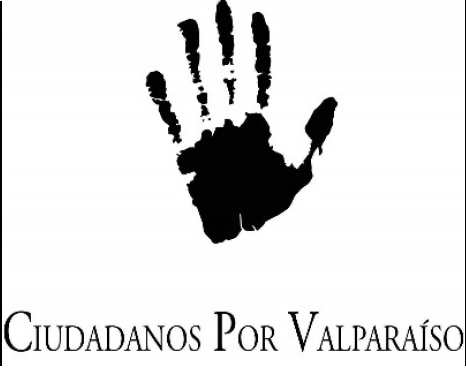Abstract
The traditional residents of urban historical areas have played a central role, but ambivalent, in the construction of meanings, actions and effects of enhancement and management processes of Latin American urban heritage. The article presents some reflections arising from an investigation about the construction and management process of cultural heritage of the city of Valparaiso -Chile and Mexico D.F. The article analyzes and reflects four main aspects : a) The traditional role that people have played in patrimonial processes of urban spaces in Latin America; b) the role of the Government in the inclusion of communities in the construction and management of their assets; c) the role of the communities in the construction and management of their assets which becomes more active progressively; d) finally some thoughts about the conceptualization of the heritage and the challenge implied to the public policies, in light of the background seen, by the development of activation and property management processes more inclusive and participatory .
Apuntes is registered under a Creative Commons Attribution 4.0 International Public License. Thus, this work may be reproduced, distributed, and publicly shared in digital format, as long as the names of the authors and Pontificia Universidad Javeriana are acknowledged. Others are allowed to quote, adapt, transform, auto-archive, republish, and create based on this material, for any purpose (even commercial ones), provided the authorship is duly acknowledged, a link to the original work is provided, and it is specified if changes have been made. Pontificia Universidad Javeriana does not hold the rights of published works and the authors are solely responsible for the contents of their works; they keep the moral, intellectual, privacy, and publicity rights.
Approving the intervention of the work (review, copy-editing, translation, layout) and the following outreach, are granted through an use license and not through an assignment of rights. This means the journal and Pontificia Universidad Javeriana cannot be held responsible for any ethical malpractice by the authors. As a consequence of the protection granted by the use license, the journal is not required to publish recantations or modify information already published, unless the errata stems from the editorial management process. Publishing contents in this journal does not generate royalties for contributors.


